Konstantin Eiges: Piano Music
Konstantin Romanovich Eiges (1875–1950), a member of a gifted Jewish family from eastern Ukraine, studied both in medicine and music in Moscow, but soon became known as an outstanding composer and pianist. His music bears the impress of Taneyev, his teacher, and of Skryabin and has points in common with his friends Medtner and Rachmaninov, but this first recording of his piano music reveals a figure who deserves to be remembered in his own right.
Jonathan Powell, piano
Listen To This Recording:
- 2 Skazki, Op. 12: I Andante
- 2 Skazki, Op. 12: II Allegretto
- Sonata-Poem No. 1, Op. 15
- 10 Preludes, Op. 8: No. 1 Un poco adagio
- 10 Preludes, Op. 8: No. 2 Poco maestoso
- 10 Preludes, Op. 8: No. 3 Andante
- 10 Preludes, Op. 8: No. 4 Agitato
- 10 Preludes, Op. 8: No. 5 Andante sostenuto
- 10 Preludes, Op. 8: No. 6 Allegretto
- 10 Preludes, Op. 8: No. 7 Con moto
- 10 Preludes, Op. 8: No. 8 Andante
- 10 Preludes, Op. 8: No. 9 Lento
- 10 Preludes, Op. 8: No. 10 Allegro
- 2 Poems, Op. 19: No. 1 Poeme-Idylle
- 2 Poems, Op. 19: No. 2 Poeme mystique
- The Cuckoo, Op. 2
- Sonata-Poem No. 2, Op. 28
- 4 Pieces, Op. 14: No. 1 Etude
- 4 Pieces, Op. 14: No. 2 Romance
- 4 Pieces, Op. 14: No. 3 Poeme
- 4 Pieces, Op. 14: No. 4 Canzonetta
- Theme and Variations, Op. 36
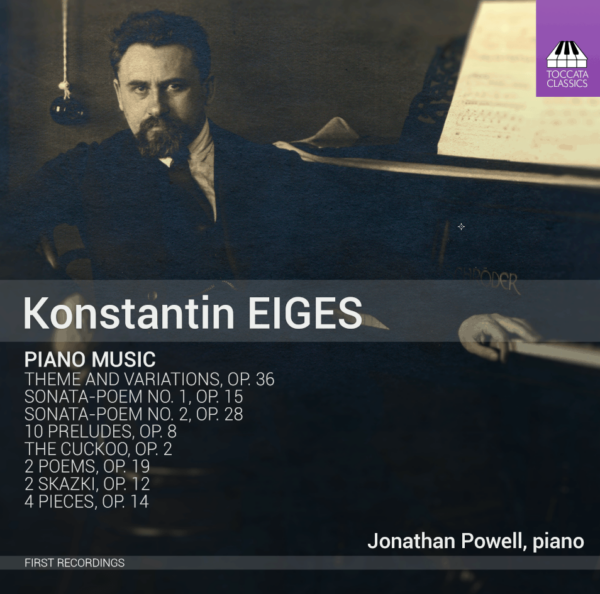
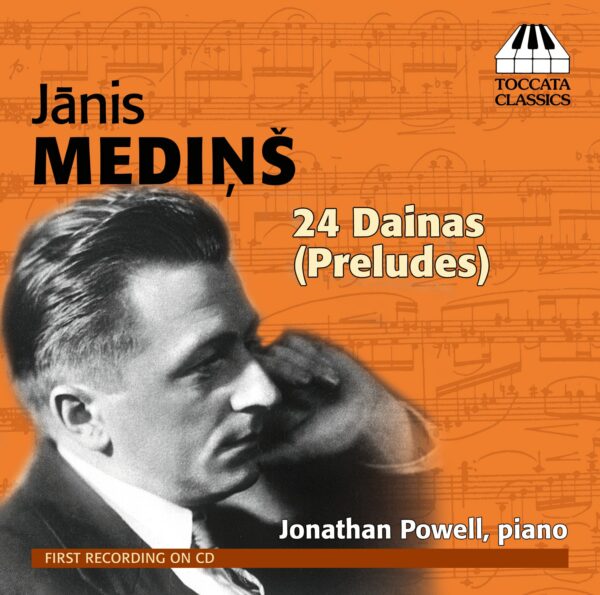
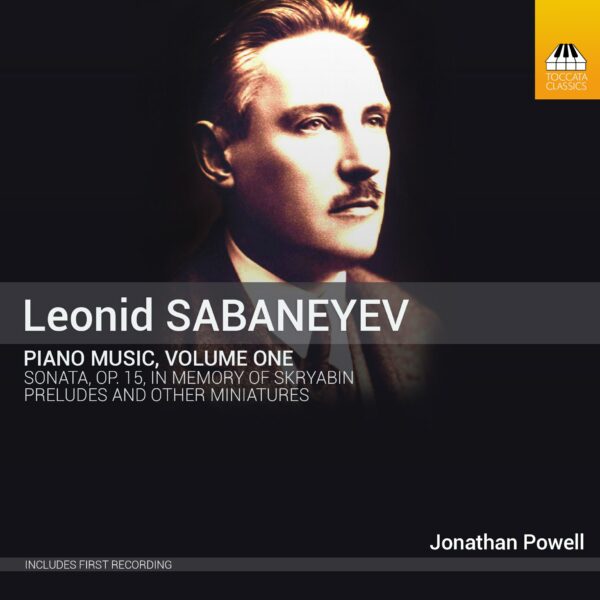
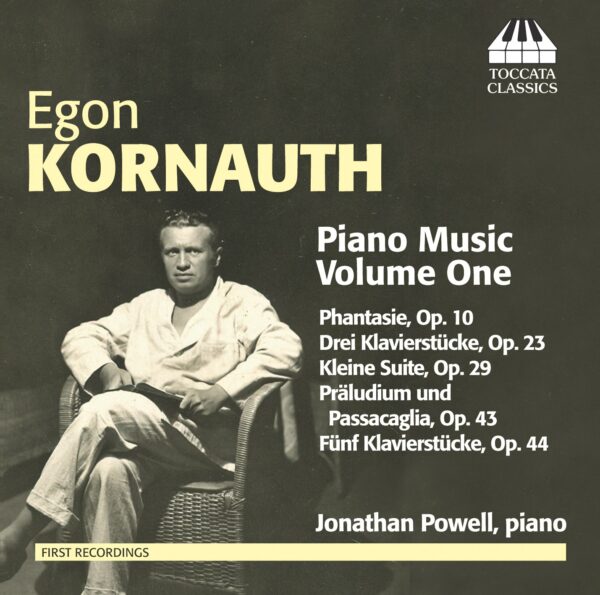
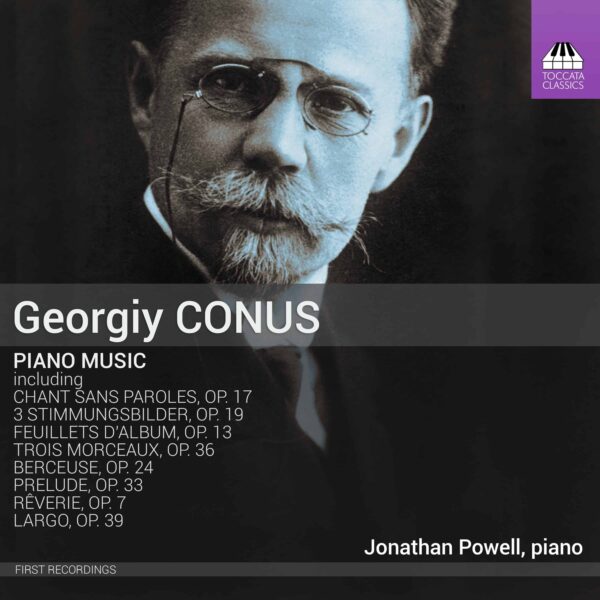
MusicWeb International :
‘Eiges is well worth exploring […]
This Eiges disc is superbly packaged and documented by Toccata. Jonathan Powell satisfies our curiosity about a composer whose music I had not until now ever heard and whose name was unknown to me. Toccata and Powell do these rare and treasurable things so well.’
—Rob Barnett, Music Web International, August 2015
Fanfare Magazine :
‘While Jonathan Powell is an impressive pianist in terms of technique, it is his persuasive command of the various styles Eiges employs—the autumnal Romanticism of Rachmaninoff and Medtner, the complex chromaticism of Scriabin, the Silver Age classicism of Arensky—that I find one of the most impressive aspects of this release. He can sonorously thunder and tease a diminuendo with the best of his competition, but his command of the conservative, Chopin-influenced Theme and Variations is refined, witty, and cleanly articulated. He phrases convincingly, as to the manner born, and as one who spreads this music before us like a collector revealing his favorites to guests. Notable as well is his gift for organization. Neither the Sonata-Poems nor the Two Poems would succeed without a pianist who has thoroughly analyzed this music, and could communicate his analysis as effectively as Powell does, here. … Recommended.’
—Barry Brenesal, Fanfare Magazine Magazine, November/December 2015
American Record Guide :
‘The influences of Medtner, Rachmaninoff, Scriabin, and Taneyev—with whom he studied counterpoint—are clear. … a thread of tender melancholy is woven through almost every measure. … Powell plays with a remarkably beautiful tone and complete sensitivity to the music. … this is a very worthwhile and appealing program. Excellent notes in English by our pianist.’
—Stephen Estep, American Record Guide, November 2015
Gramophone Magazine :
‘Jonathan Powell, who also contributes a detailed, scholarly booklet, plays eight works dating from c1905 to 1933 with the command and authority that only come from deep immersion in the music of this period. I was particularly taken with the Sonata-Poem No. 1 (1915), the Dix Préludes (c1911) and the Four Pieces (c1913). Of all these Toccata discs it is Eiges who, for me, offers the most rewarding and consistently satisfying discoveries.’
—Jeremy Nicholas, Gramophone Magazine, September 2015